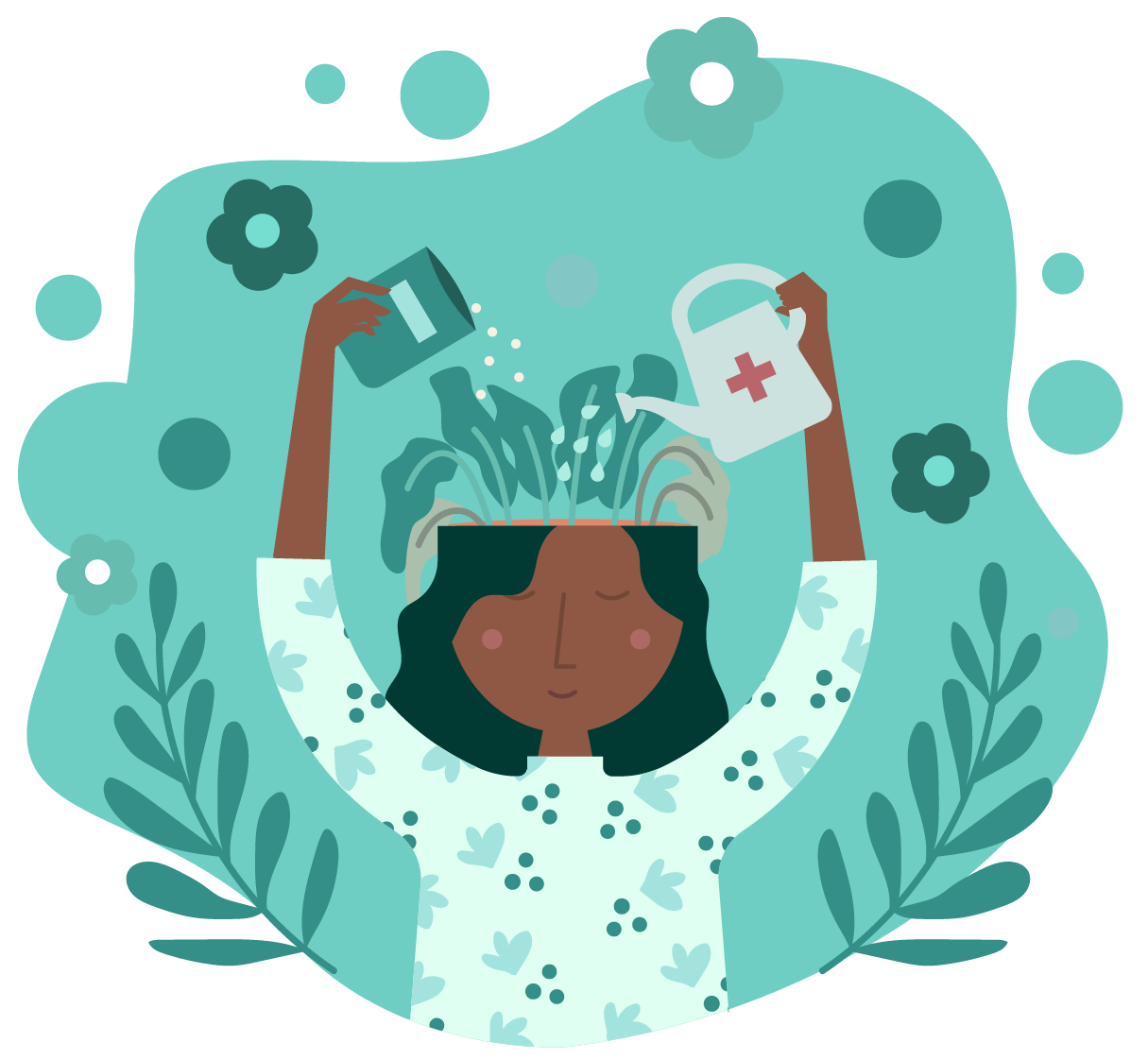
The Curriculum
Developed by our team of Registered Clinical Counsellors, our Mental Health and Resilience curriculum is trauma-informed, culturally inclusive and strength-based. Our number one priority is to ensure a safe and supportive learning environment for youth.
Curriculum Stream 1: Youth and young adults ages 13-25.
Curriculum Stream 2: Pre-teens ages 9-12.
The Workshops
1. Self-Awareness & Thinking Traps
What is self-awareness? Why does it matter? What do we need to really know about ourselves to be more self-aware?
The first step in any personal development is knowing ourselves, our needs and our tendencies. In this workshop, we explore the ins and outs of self-awareness, and how this skill can help us in navigating tricky situations, including the ever-present and pervasive thinking traps.
2. Boundary Setting
Prentis Hemphill said: “Boundaries are the distance at which I can love you and me simultaneously.” In this workshop, we explore why boundary setting is such a challenging endeavor (for both youth and adults alike), especially when we feel a lack of control or agency. We discuss how healthy boundaries can be set and maintained, and get hands-on in applying these techniques.
3. Failing Up
No one likes to fail or make mistakes, yet both are normal and natural parts of growing. Youth in particular are highly susceptible to missing out due to a fear of failure. Intentionally reframing situations in which a mistake has been made helps youth to see failure as a stepping stone and an opportunity to learn and grow.
4. Self-Compassion
Children and youth tend to be brilliant at describing what compassion looks like, sounds like, and feels like. However, turning that concept inward can be daunting. This workshop introduces the importance of self-compassion and building a healthy relationship with the self while practicing some affirmations along the way.
5. Stress & Anxiety
Stress and anxiety touch everyone’s lives, and children/youth are no exception. The central goals of this workshop are to introduce how these feelings can show up physically and emotionally, to practice everyday solutions and emotion-focused coping strategies, and to ensure that youth know when and how to reach out for additional support.
Note: There is a Content Warning included in this workshop as it may touch on topics sensitive to certain youth.
6. Sadness & Depression
Sadness and depression are very natural and normal responses to difficult events or experiences. Being able to normalize these emotions, clearly define sadness and depression (and their relationship to one another) and understand what they may look like and feel like, can help children and youth navigate through these feelings and experiences in a safe and healthy way.
Note: There is a Content Warning included in this workshop as it may touch on topics sensitive to certain youth.
7. Self-Care
Let’s break down some self-care misnomers! Self-care is not necessarily glamorous, it’s not for sale, and it’s certainly not selfish. Self-care is anything that brings us joy and makes us feel good, and it can also be the most simple things that help us get through the day. In this workshop, we explore the world of safe-care at the individual level, recognizing that it is personal, ever-changing, and effortful.
Are you ready to book a workshop? Have more questions that aren’t answered here, or maybe just want to speak to a real person? Get in touch with us and we can chat further.
Explore our other Pillars
If you’re looking for more information on our curriculum pillars, you’re in luck! We have dedicated pages for each of our three pillars; Workplace Readiness, Financial Literacy, and Mental Health & Resilience.
Workplace Readiness
Click here to learn more about the Workplace Readiness curriculum.
Financial Literacy
Click here to learn more about the Financial Literacy curriculum.
